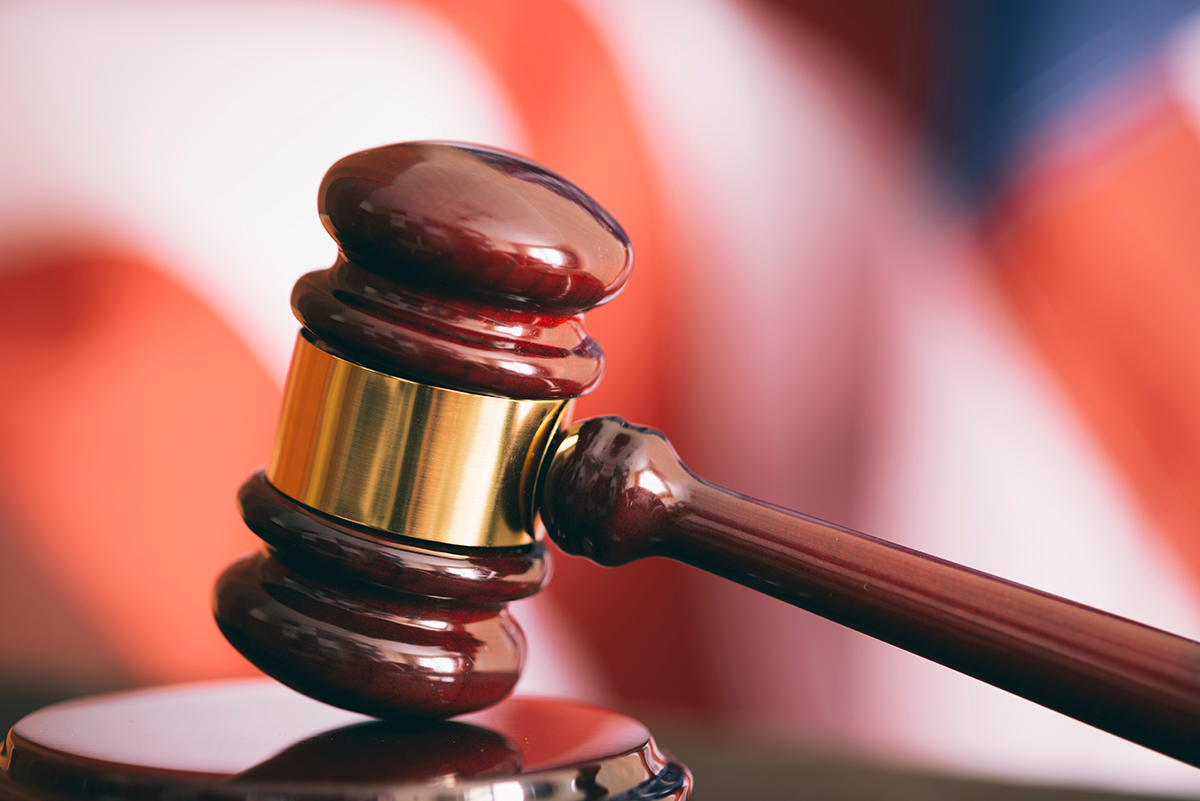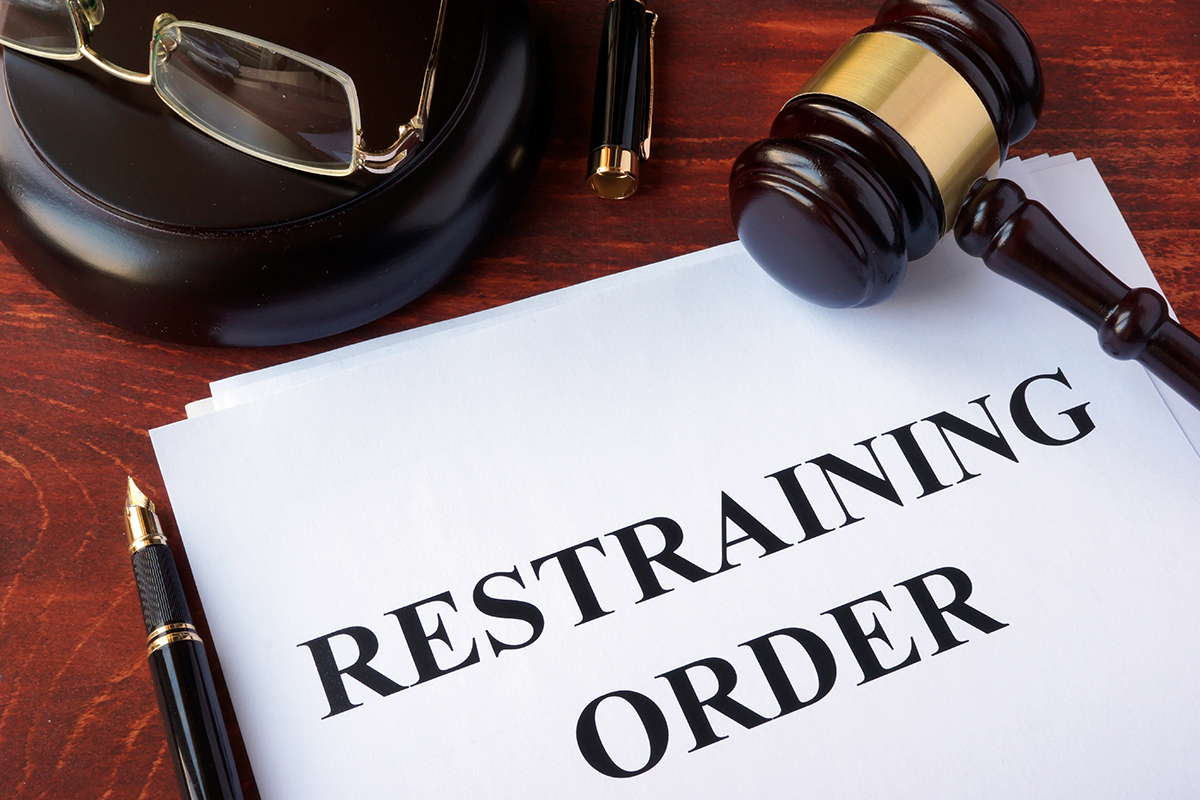Top 5 Reasons Husbands Initiate Divorce
USA Teenage Divorce Statistics
5 Signs of Financial Abuse in Marriage
Creating the Perfect Parenting Plan
Are People Happier After Divorce?

Emergency motions can be filed within the Duval court if you find yourself needing immediate action. Through an emergency motion, you can request the court to hear your case on an urgent basis, as the regular legal procedure is time-consuming.
The catch here is that the case needs to be urgent enough to warrant bypassing the usual court timetable. Not every emergency motion filed is granted by the court. You will have to convince the court of an emergency situation with convincing proof of why prompt legal action is required. Without this proof, the court will only hear your case as part of the regular schedule.
When someone is in grave danger and at risk of being harmed or is in a dangerous situation, they use emergency motions to get immediate court relief.
If a child is facing physical or emotional abuse, an emergency motion may be used to put an end to the situation on an urgent basis. An emergency motion is used to petition the court to move quickly because the child could be in danger if the regular schedule is followed. [1]
In Jacksonville, if someone is a victim of battery in a relationship, they can file an emergency motion. [2]

Florida has the Baker Act in place for people fighting mental health issues. If a parent is admitted to a mental hospital, then they are temporarily unable to care for their children. In this case, an emergency motion can assist keep things safe and secure until everything is resolved. [3]
There are several steps you must take in order to file an emergency motion.
The first step is to get the appropriate documents from the court. You must complete the appropriate form and submit it to the courthouse. You have to submit evidence supporting the need for your situation to be treated as an emergency motion.
A number of things can be used as evidence. You may have eyewitness statements for an incident. There may be medical records pertaining to an individual’s physical or mental health issues. If your partner is arrested for domestic violence or drug issues, then you may produce police reports. The court will not grant your request as an emergency if you cannot provide proof.
After submitting the documents in court, a notice is served to the other party. This simply means sending a copy of your filing to the opposing party so they are ready for the hearing.
The Duval court will schedule a hearing to determine whether or not your request actually requires immediate action. Both parties may present their cases at the hearing, after which the judge will make the final decision.
If the court grants the request, then a hearing is set where you can present your case. However, if the judge decides that the situation is not an emergency then the case is expected to proceed according to the regular court timetable.

Occasionally, an “ex-parte” petition is submitted with an emergency motion in extremely urgent circumstances. A judge may consider and rule on such a request without holding a full court hearing or requiring the opposing party to appear. Ex-parte petitions are used to expedite the legal procedure. There are laws in place to guarantee that ex-parte petitions are not utilized improperly or without justification.
The petitioner for the ex-parte must affirm under oath that all of the information in their motion is accurate. They must also make it abundantly evident why immediate action is required in this case. This can be the result of health hazards, safety issues, or any urgent issue that cannot wait. To demonstrate the gravity and severity of the situation, a thorough explanation is required.
The party filing the motion must also have their attorney sign a document stating that it would not be necessary or beneficial to tell the other party prior to the ruling. This stage is unique because the opposing party is typically given an opportunity to reply before the court renders a ruling. However, the attorney certifies that the urgency justifies skipping this step through an ex-parte petition.
A copy of the order must be delivered to the opposing party as soon as the court rules on the ex-parte petition. This order is typically given by the police or another law enforcement official, who makes sure the recipient is aware of the court’s decision.
When parents split, temporary custody orders assist in resolving significant child-related matters until the divorce is finalized. These directives address matters such as the child’s residence and safety precautions. They remain in force until the matter is resolved or something else happens. [4]
Emergency motions and temporary custody orders are not the same thing, but they can be related. If the court determines that the case requires urgent consideration, it may grant a temporary custody order in response to an emergency motion. In other situations, obtaining a temporary custody order could merely be a standard court procedure.
Risks to the child’s physical security, mental health, or emotional stability are some of the reasons why a temporary custody motion may be filed after an emergency motion. An emergency motion may also be required if there is domestic abuse or if one of the parents is threatening to remove the child from Florida without permission. Using this kind of request, the court can be swiftly summoned to safeguard the kid before more serious circumstances arise.
Orders for temporary custody aid in ensuring the child’s safety while the legal matter is pending. These orders may remain in effect until a final determination is made; if the matter is complex, this may take some time. The temporary order ensures that urgent matters, such as the child’s residence, are taken care of in the meantime.
A restraining order may also be referred to as a domestic violence order or an injunction. Restraining orders are commonly granted within an emergency motion.
A Jacksonville restraining order is often granted when there is a danger involved, and something must be done quickly to prevent harm. They outline what a person must do or cannot do. For instance, the court may impose an injunction on someone to refrain from damaging activity or to avoid another person. In cases involving domestic abuse, a restraining order helps protect someone from further harm.
Restraining orders safeguard people in danger of physical, emotional, or mental harm. They provide protection while legal issues are resolved. The subject of a restraining order is required to abide by the guidelines established by the court. If they disobey, they risk harsh penalties like fines or even jail time. [5]

An emergency motion is intended for situations requiring rapid action, frequently involving issues that cannot wait for the ordinary court process.
You can file an emergency motion yourself, but you have to be extremely cautious to make sure you fill out all the forms accurately and adhere to all the instructions. The online forms are available. The judge will decide whether or not to issue a restraining order after you provide an explanation of the reasons why you think you have a situation demanding emergency action.
If you live in Jacksonville, Florida, and need to file an emergency motion, contact the family law attorney at Sacks & Sacks. Call today for a free consultation.
FAQs
Q. What is an emergency motion?
An emergency motion is a request made to the court when immediate action is needed to prevent harm.
Q. When should I file an emergency motion?
You should file it if there is an urgent issue, like child safety or domestic violence, that cannot wait for regular court procedures.
Q. What happens after I file an emergency motion in Jacksonville?
The Duval court will review your case and may hold a hearing to decide if immediate action is required.
Q. What is an ex-parte petition?
An ex-parte petition is used for very urgent cases where the court makes a decision without notifying the other party.
Q. Can I file an emergency motion without a lawyer?
Yes, but you must fill out all the forms correctly and follow the steps carefully.
Sources:
[1] Chapter 61 Section 517 – 2020 Florida Statutes – The Florida Senate. (n.d.). https://www.myfloridahouse.gov/Statutes/2024/0061.517/
[2] The Florida Senate. Chapter 741 Section 30 – 2003 Florida Statutes – The Florida Senate. (n.d.). https://www.flsenate.gov/Laws/Statutes/2003/741.30
[3] Baker Act | Florida DCF. (n.d.). https://www.myflfamilies.com/crisis-services/baker-act
[4] Temporary Child Custody Orders. (2023, October 18). Justia. https://www.justia.com/family/child-custody-and-support/child-custody/temporary-custody-orders/
[5] Restraining Orders / Injunctions | Citrus County Clerk of Courts, FL. (n.d.). https://www.citrusclerk.org/178/Restraining-Orders-Injunctions
Sacks & Sacks Law — 2025 All Right Reserved